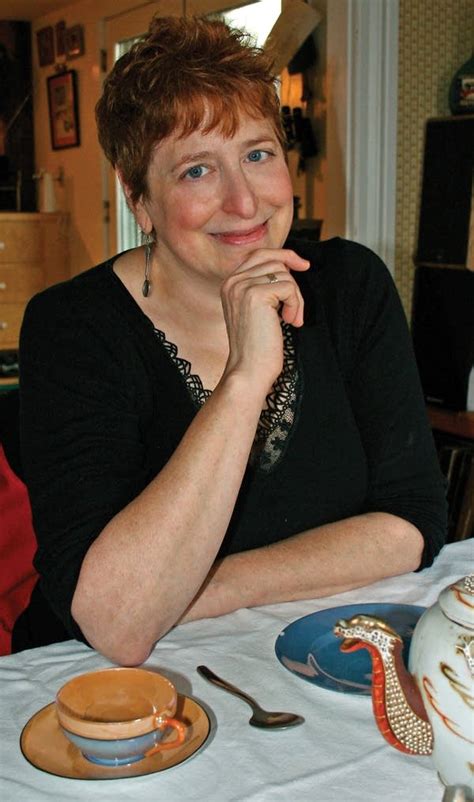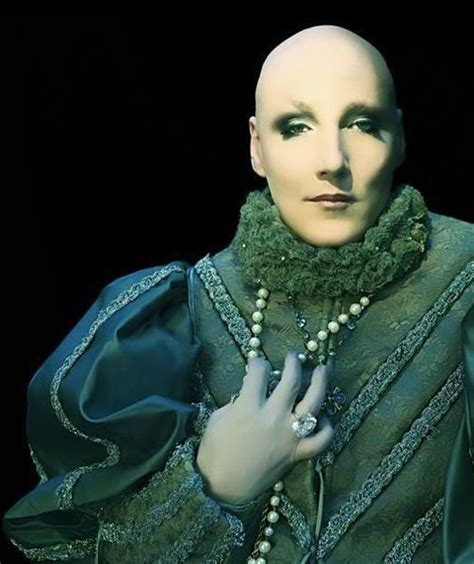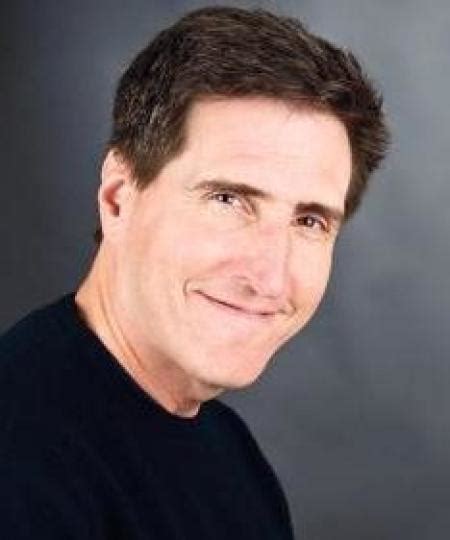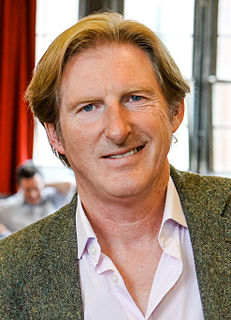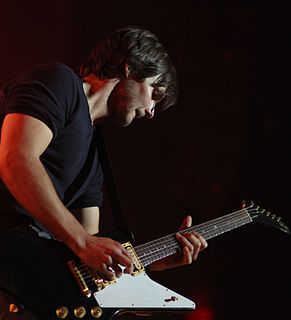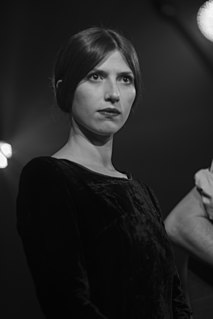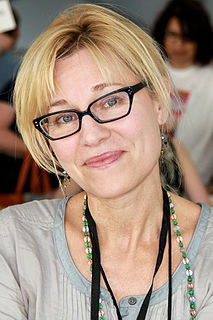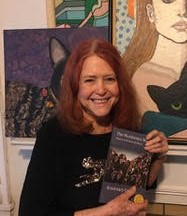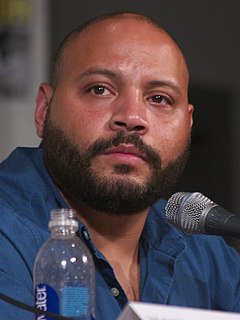Top 1200 Purpose Of Writing Quotes & Sayings - Page 19
Explore popular Purpose Of Writing quotes.
Last updated on December 20, 2024.
Muses are fickle, and many a writer, peering into the voice, has escaped paralysis by ascribing the creative responsibility to a talisman: a lucky charm, a brand of paper, but most often a writing instrument. Am I writing well? Thank my pen. Am I writing badly? Don't blame me blame my pen. By such displacements does the fearful imagination defend itself.
I know I'll keep writing poems. That's the constant. I don't know about novels. They're hard. It takes so much concentrated effort. When I'm writing a novel it's pretty much all I can do. I get bored. It takes months. Movies do the same thing. It's all-encompassing. It feels like I'm going to end up writing poems, short stories and screenplays.
I'm always writing towards a discovery. When I'm writing poems in particular, I'm often writing because a few images coalesced in my mind and I thought, "I wonder why these images are abrading against each other. I wonder what happens if put them in a poem and explore them." I'm trying to learn something every time I write a poem.
Movies are definitely more fun because there are so many different seasons in a movie. It is exciting to be drafting together. Writing a book is very hard, it's like writing 15 college term papers in a row, and you are just like, "when is going to end?" You can communicate so much more when you are writing a book, and you can go so much deeper.
I feel like you become a songwriter when you claim that it's sort of like a switch flipped, and you're always writing. Even in your sleep, you're always thinking about it in the back of your mind. The true writing - when you're officially writing - that's just when its front of mind, but its always there. You're always listening for a hook.
What I find is that many times when I work with chance, with indeterminacy, I am more open to experience, less prone to a fixed process, and I think it creates a very important challenge. It creates a way of writing that is, in a way, flatter or smooth, a surface conducive to release, to movement. And in this way, the form of writing gets delightfully melded with the process of the writing.
All the greatest men are maniacs. They are possessed by a mania which drives them forward towards thier goal. The great scientists, the philosophers, the religious leaders - all maniacs. What else but a blind singlenee of purpose could have given focus to thier genius, would have kept them in the groove of purpose. Mania... is as priceless as genius.
Learn as much as you can. Take every opportunity to learn about writing, whether it’s through classes, workshops, whatever is available to you. This may be difficult, because things like classes, workshops, writing programs, require time and money. But I say this honestly and somewhat harshly – if you’re not willing to prioritize your writing, perhaps you should do something else?








